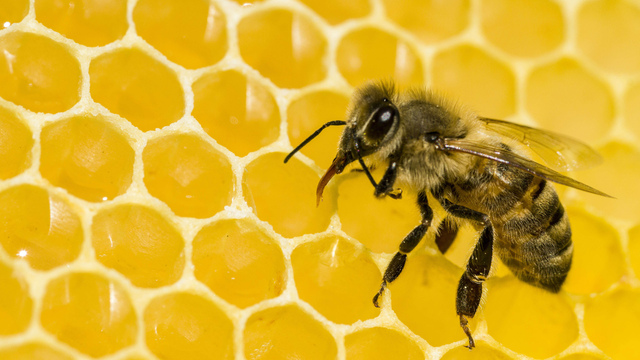Maggots are small, white, worm-like fly larva. They tend to feed on feces, rotting food, and even rotting flesh. Maggots are a key link in the food chain since they decompose bio-material and put nutrients back into the earth. It takes about 20 hours for these larvae to hatch and there can be up to 250 eggs from one fly. While they may play a vital role in the food chain and they have been used for medical treatments, can you really eat maggots without worrying about the risks?

Can You Eat Maggots?
While most maggots will often die once they reach the stomach acid, there are some that will be able to survive. And the type of maggot you consume can pose some major health issues when ingested such as:
Intestinal Myiasis
Intestinal myiasis occurs when maggots hatch and then feed on the intestine. They can penetrate through the intestines and then begin to feed on the other organs which can cause serious health complications like bacterial infections and sepsis and even death. This occurs when you ingest a food that has fly larva on it which can often survive through the stomach acid, making it easy for the eggs to reach the intestines to hatch.
External Myiasis
External myiasis occurs when a fly lays their eggs either in an open wound, through an orifice or by burrowing into the skin. When the eggs hatch, the maggots will begin to feed on the tissue around it. While the maggots can be extracted, an infestation can cause lesions, anemia, sepsis or death.
Poisoning
Maggots consume a variety of toxic materials from fecal matter to poisonous chemical. When you eat a maggot, you are also consuming these harmful toxins that they ingest. While it is not very common, consuming maggots can lead to poisoning yourself because of the toxins they may have consumed.
Allergic Reaction
Can you eat maggots if you have any food allergies? You should not eat maggots or eat foods that may have come in contact with maggots in this condition. There is no way in knowing what all the maggot may have come in contact with prior to you consuming it and this can lead to allergic reactions. It is a risk for anyone who has a food allergy to eat maggots.
Food poisoning
While maggots may not be the actual cause of food poisoning, you want to keep in mind that where there are maggots, there is most likely rotting food. This rotting food contains a number of harmful bacteria which when ingested will cause food poisoning. Even if the maggots are not the underlying cause of food poisoning, they will have ingested these harmful bacteria from the rotting food which can make you ill.
What Insects You Can Eat If You Have To?
1. Grasshoppers and crickets
These edible bugs are rich in protein and can typically be found just about anywhere. Grasshoppers tend to be easier to catch in the early morning hours and crickets tend to hide out in darker areas like under rocks or fallen trees. Once you catch them, remove the head and entrails to reduce the risk of parasite transmission and eat them raw or roasted.

2. Ants
Ants can be found anywhere and are fairly easy to catch. You want to capture a lot of them in one shot so it is best to find the ant hill and use a stick to draw them out. Boiling the ants for about five minutes will neutralize the acid that is found on their bodies or you could just eat them raw. While they can taste pretty good, you want to make sure they are dead before eating them as they do tend to bite when they are still alive.

3. Termites
Can you eat maggots and termites? While you might want to pass on the maggots, termites can be OK to eat. They are a good source of protein and will often pose less risks when it comes to transferring parasites. While they can be more tricky to catch, once you do, simply roast them in a pan and enjoy.

4. Stinkbugs
While they may not have a pleasant smell these bugs can be appetizing. Once you rid them of their unpleasant scent by boiling them in water for ten minutes roast them in a pan. Don't worry if they are still moving when you go to dig in, stink bugs can live for a week after being boiled in water.
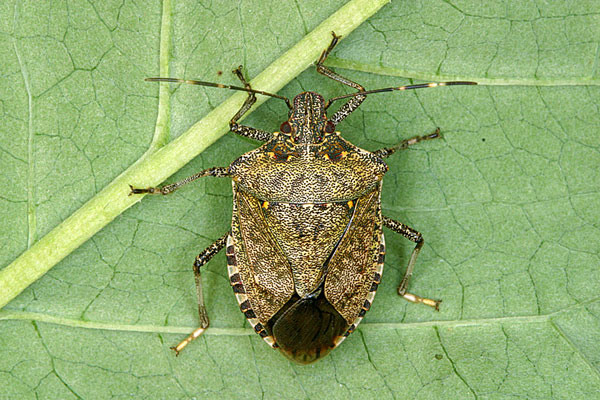
5. Scorpions
Scorpions are commonly consumed in many parts of the world and are often said to taste like crab. Don't worry about the poison they contain - these tends to disappear after they have been cooked. The best way to eat these creatures is to roast them over a fire.

6. Locust
These bugs are very similar to grasshoppers and crickets but not as common. They can be easily caught during the day. Once caught, remove the head and wings and roast them.
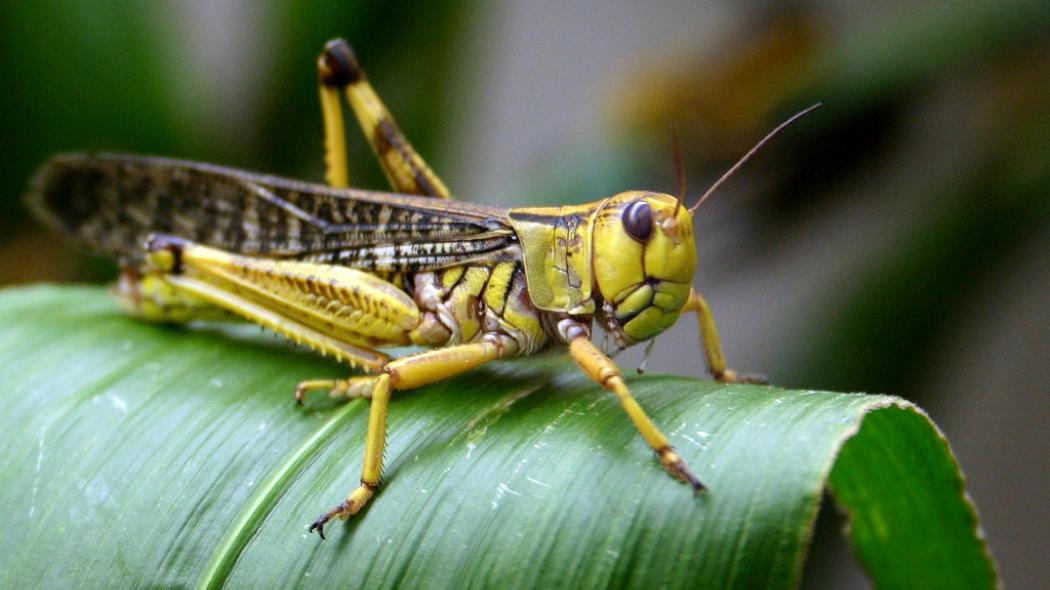
7. Snails
Snails are considered a delicacy in some parts of the world, but you won't want to just catch them and eat them right of ground. Since they consume many decaying foods and fungi, they need to be purged before consume. You'll need to catch them and then feed them an exclusive diet of clean leaves or cornmeal.
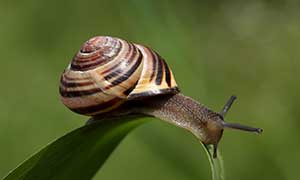
8. Leeches
Leeches can be more of a challenge to consume because of their slimy texture. If you have no other option or food source, then you could grind these bugs into a paste. Once you have a paste, bake it in the oven and then eat.
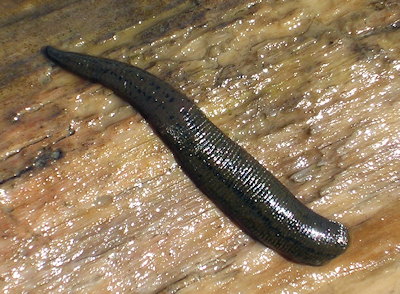
9. Worms
If the answer for can you eat maggots is no, then you would think you would not be able to eat worms as well. They do pose a higher threat of parasite transmission compared to others. If you cook them first, this reduces your risk.
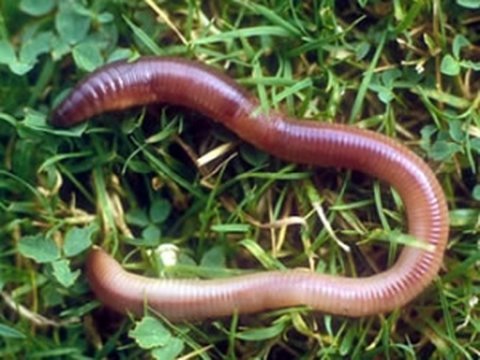
10. Bees
You might not have any fun catching these stinging bugs, but they are often everywhere. Once you do catch them, you'll need to remove their stingers, which can be time consuming and painful, before you cook them.
